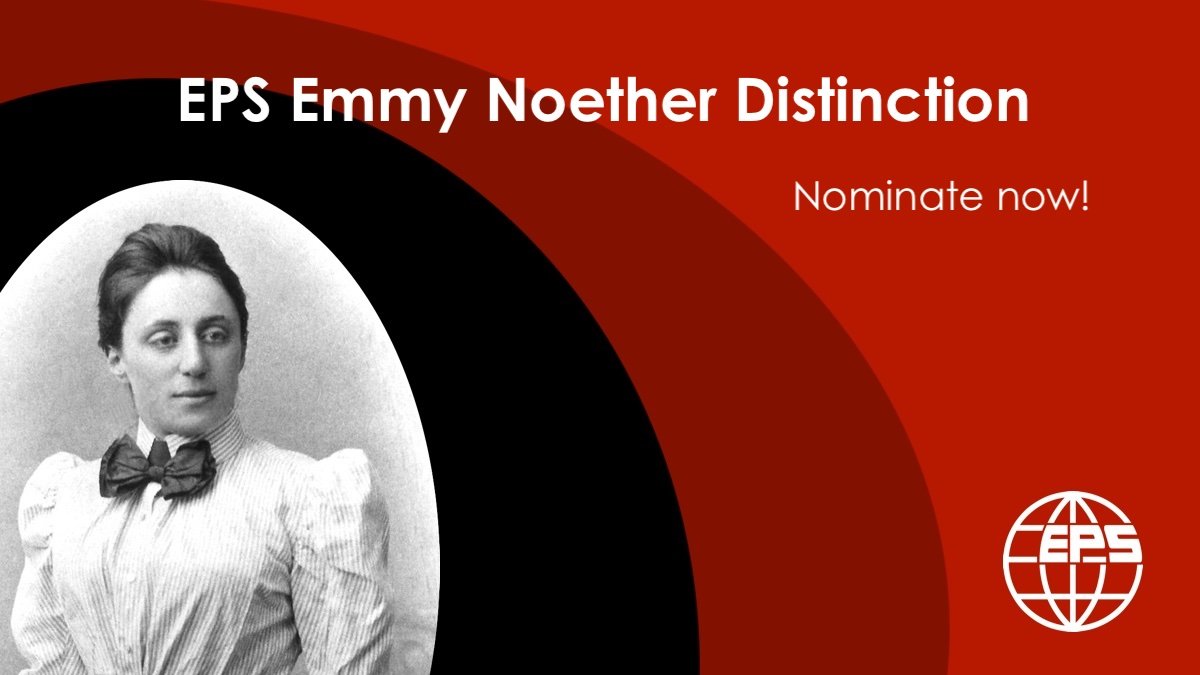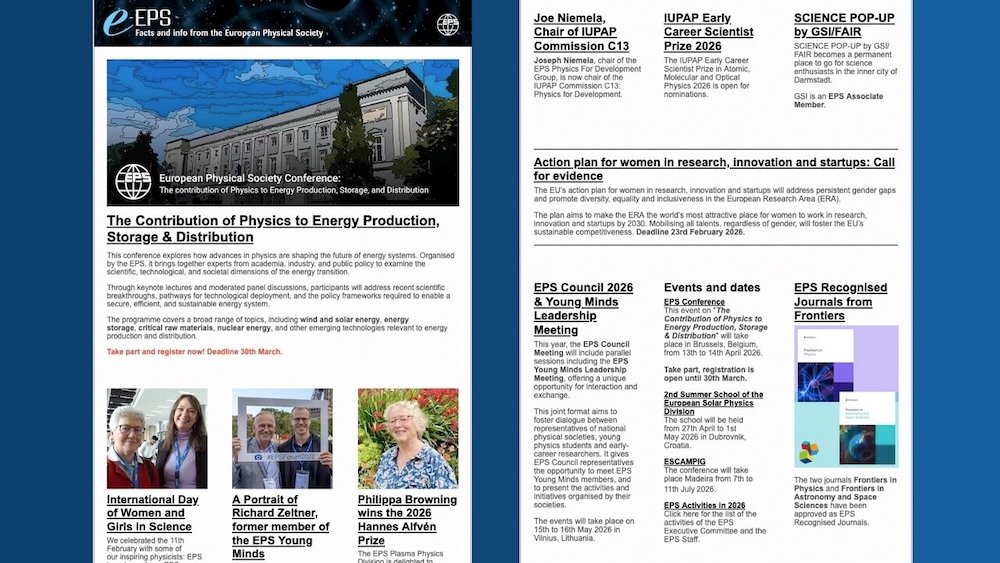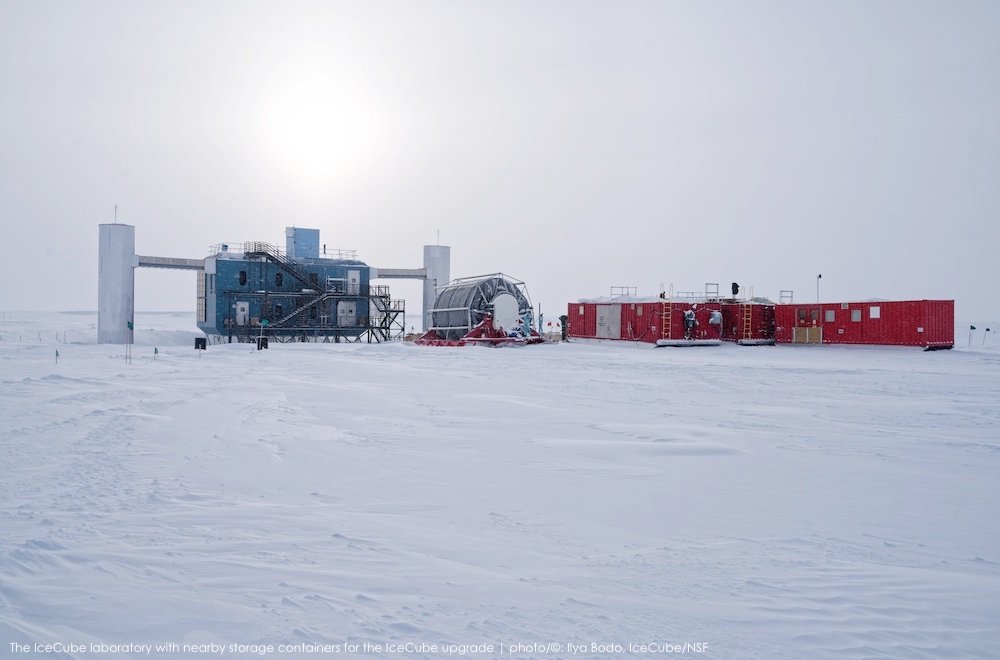Author: Duarte Esteves, EPS Young Minds Lisbon
On 5th April 2025, Instituto Superior Técnico (University of Lisbon) fulfilled its usual tradition and opened its doors to the general public. With the goal of promoting science and engineering, over 100 free activities were offered to about 3000 visitors of all ages, including lab visits and a science fair.
The EPS Lisbon Young Minds section has been regularly participating in this event since 2022 in a partnership with the host research centre INESC MN and with the Department of Nuclear Sciences and Engineering.
In 2025, the EPS Lisbon Young Minds prepared an interactive activity regarding the electromagnetic spectrum. This incursion on the world of radiation started on the long-wavelength range with infrared radiation, going on to visible and ultraviolet radiation. Kids and adults alike were delighted to find out more about these non-ionising radiations. Namely, the production of electricity using solar cells and the detection of ultraviolet radiation were highlighted, as well the implications for our health.
Higher energy ionising radiations were also presented, namely alpha, beta and gamma rays. In particular, the basics of nuclear decays were explained in simple terms, as well as how they can be detected using Geiger-Müller tubes or gamma spectrometers. The impact of radioactivity, its ubiquity and applications were also discussed, conveying both the positive (for instance, radiotherapy or the sterilisation of food and surgical material) and the negative aspects (such as the health effects).
Finally, the activity also introduced the audience the exciting world of micro- and nanotechnology, building on the previous hands-on, large-scale experiments. Specifically, the participants learnt about how radiation sensors work and how can be they fabricated in cleanroom contexts. Examples from state-of-the art detectors developed at INESC MN were showcased using a microscope, highlighting the opportunities in miniaturisation and the possible applications in different settings.
The EPS Lisbon Young Minds section was happy to join this event of its host institution once more, aiming to promote the interest in Physics in the local community. The simple yet effective interactive demonstrations, paired with informal but informative conversations were very well-received by the participants. The outcome was very positive, as the activity allowed many audience members to become true radiation experts. Moreover, it contributed to raise awareness about the necessity of fundamental and applied research in different domains of Physics, ranging from solid state to nuclear, as well as the benefits for society.






